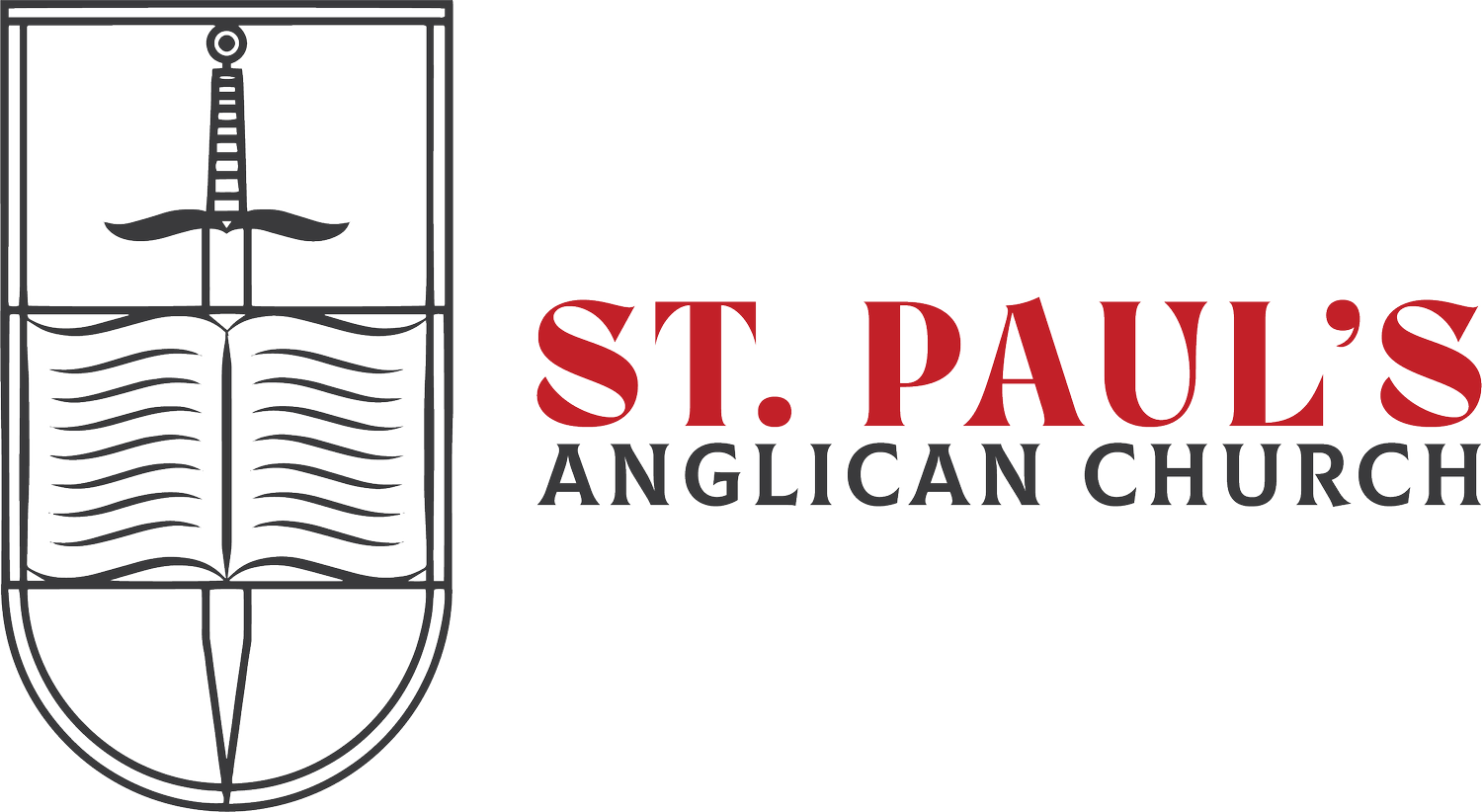Reconciliation at St. Paul’s
Reconciliation is the Sacrament in which we confess our sins and receive absolution from a Priest “in the Name of the Father, and of the Son, and of the Holy Ghost.”
Our Beliefs about Reconciliation
Reconciliation is one of seven Sacraments. Sacraments are outward, visible signs of inward, spiritual grace.
The outward, visible sign of Reconciliation is the absolution spoken by the Priest: “I absolve thee from all thy sins in the Name of the Father, and of the Son, and of the Holy Ghost. Amen”; the inward, spiritual grace is the forgiveness of sins and the restoration of our relationship with God.
It is important to remember that there is no such thing as a “private sin.” Our individual sins, whether they are public or done secretly, impact not only our individual lives, but the lives of all members of the Body (cf. 1 Cor 12:26). Therefore, Our Lord has given us this beautiful Sacrament as a way of reconciling us not only to himself, but also to his Body.
Biblically, the foundation for Reconciliation can be found in John 20:22b-23 when Jesus breathes on his disciples and says, “Receive ye the Holy Ghost: Whose soever sins ye remit, they are remitted unto them; and whose soever sins ye retain, they are retained.”
The Book of Common Prayer has the Bishop repeat these words over the Ordinand: “Receive the Holy Ghost for the Office and Work of a Priest in the Church of God, now committed not thee by the Imposition of our hands. Whose sins thou dost forgive, they are forgiven; and whose sins thou dost retain, they are retained. And be thou a faithful Dispenser of the Word of God, and of his holy Sacraments; In the Name of the Father, and of the Son, and of the Holy Ghost. Amen” (BCP 546).
Sacraments exist for our assurance. While we can receive the forgiveness of our sins through perfect contrition, Reconciliation exists to provide us with the certainty that God has forgiven us our sins
Our Policy on Reconciliation
Can I Receive Reconciliation?
All baptized Christians may receive the Sacrament of Reconciliation.
How Should I Prepare to Make a confession?
It is fruitful to engage in self-examination before you make your confession. Some people like to use the 10 Commandments or the Seven Deadly Sins as a template for their examination. Below is an examination that uses the Seven Deadly Sins that’s taken from the St. Augustine’s Prayer Book.
While self-examination is important, it’s not a time to beat yourself up. Remember that God loves you and wants what’s best for you. This is a medicine to help you.
What Does making my confession look like?
At St. Paul’s, we hear confessions at the altar rail in either the Chapel or the main Church. Usually, a sign will be posted on the office door directing you to the proper place.
If the door is open, you’re welcome to come in and kneel at the altar rail while the Priest sits behind it.
When making a Confession, be sure to name your sins and the number of times you committed them. You do not have to provide all the details, just the broad strokes. Too much “context” can either be a way of trying to excuse yourself or make yourself sound worse which is not the goal!
After you list the sins, the Priest may give you some advice, counsel, or words of encouragement. He will provide you with a penance, which are prayers you offer to God in thanksgiving for what he has done for you. Then he will absolve your sins.
When can I receive Reconciliation at st. Paul’s?
We offer Reconciliation every Saturday from 4p-4:55p.
Reconciliation can also be offered whenever the Church Office is open: Tuesday, Wednesday, and Friday from 10a-2p.
Appointments for Reconciliation can always be made by contacting Fr. Wesley or Fr. David.

